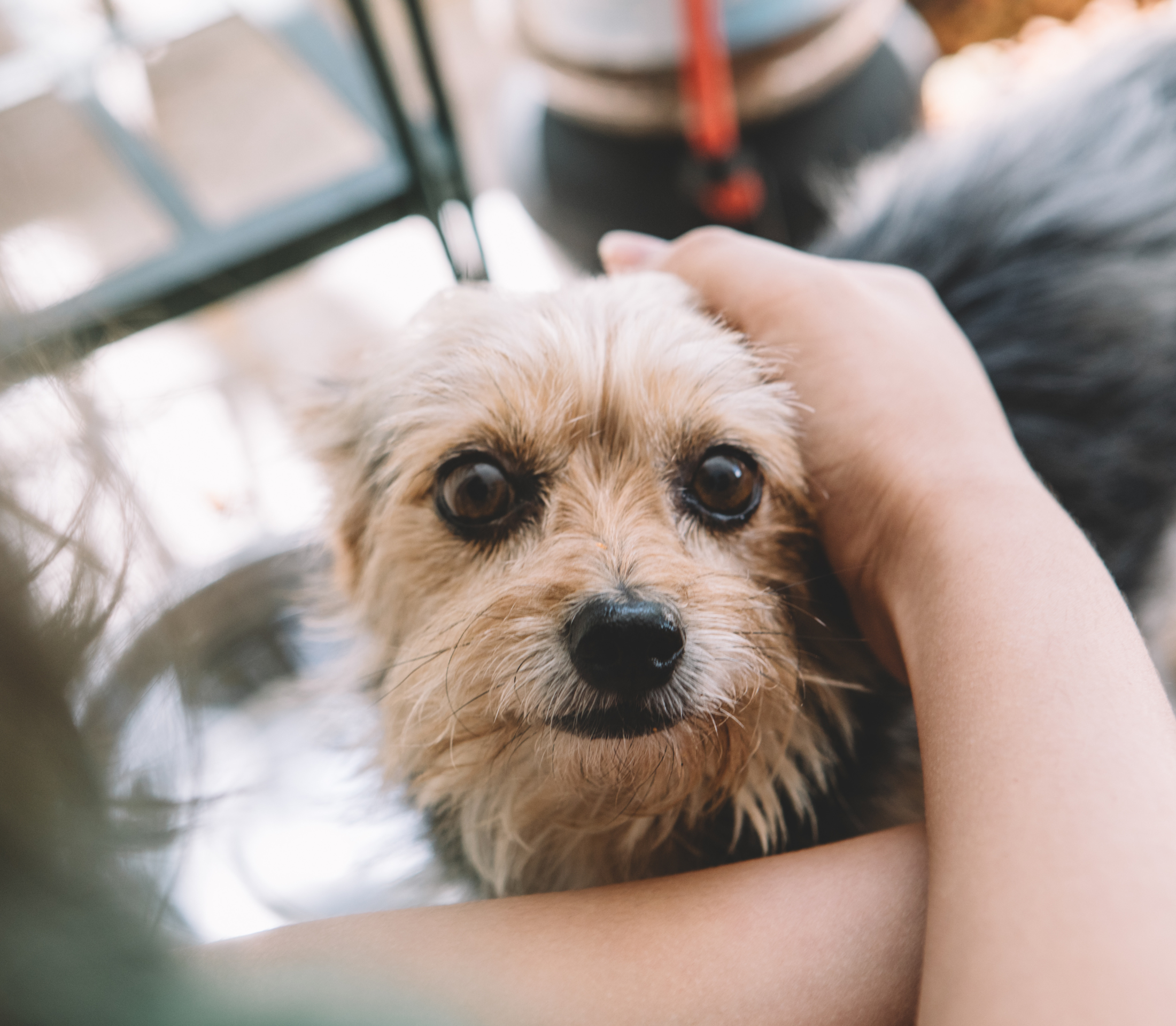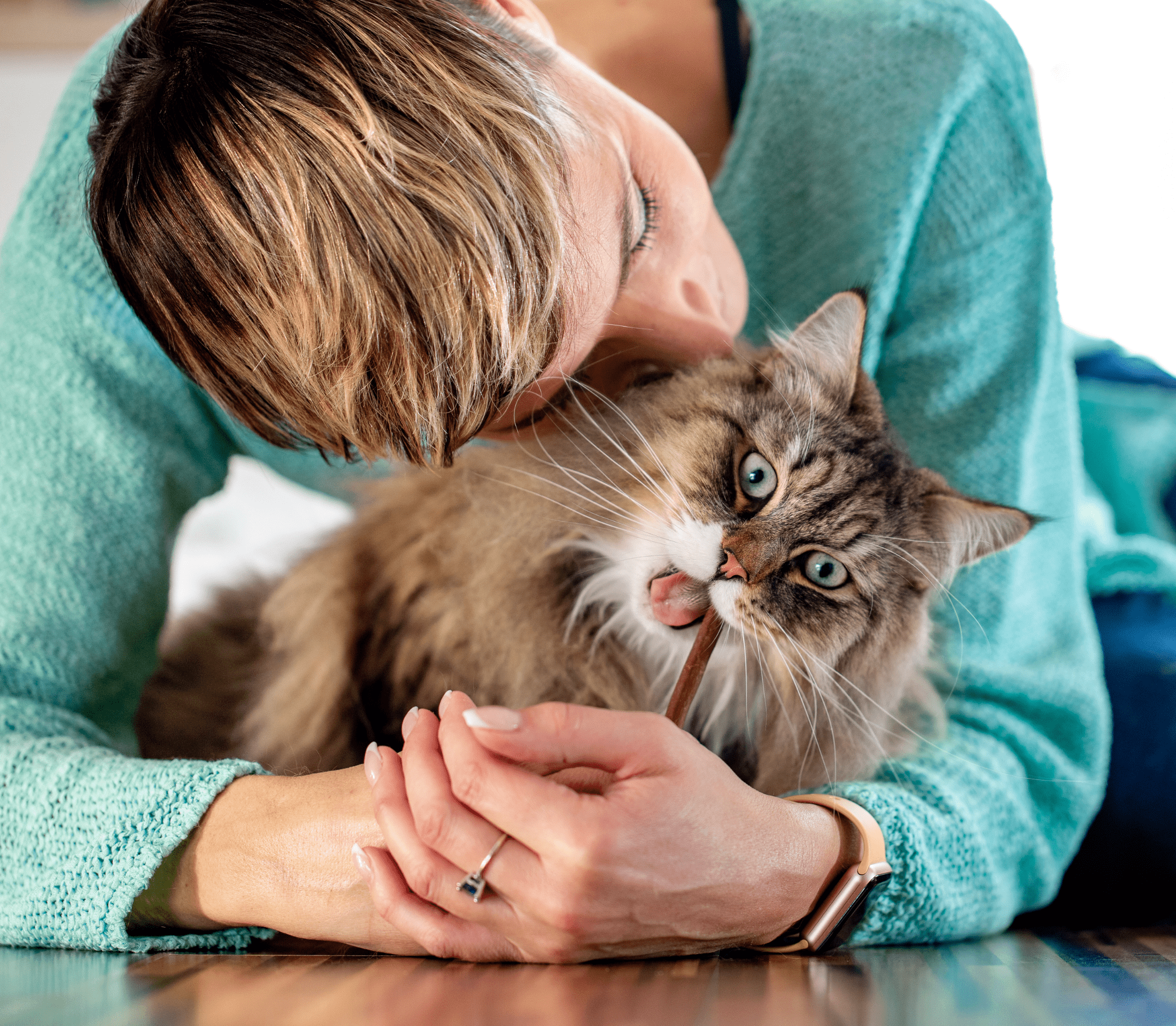Help! My Home Smells Like My Dog
If you own a dog, it’s entirely possible that your home might start to smell a little too much like your canine companion after a while. If you’d like to put a stop to the stench and return your home to full freshness, try these tips from a Washington DC veterinarian.
Brushing
You’ll be amazed at the difference regular brushing can make when it comes to your companion’s coat health and the odor left around your home. Brushing removes dirt and grime from the coat, traps loose hair in the brush itself (preventing it from falling all over your carpets and furniture), and spreads essential skin oils through the fur to moisturize it naturally. Ask your veterinarian what kind of brush and/or bristle type will work best on your dog’s fur.
Bathing
The occasional bath can also do wonders for your dog’s coat of fur, not to mention that pesky dog odor that’s permeating your living room. Always use a shampoo that’s formulated specifically for dogs, as shampoos made for other animals or humans may irritate your dog’s sensitive skin. Also, be careful not to bathe too frequently, as this can dry out the skin and fur, leading to irritation and an increase in shedding. Consult your vet to find out exactly how often your dog could use a bath.
Odor Neutralizers
Spraying air fresheners around your home only masks smells, allowing them to return eventually. If you’re trying to get rid of pet odors, use pet-specific odor neutralizer products instead. These products combat the enzymes that cause odors at their root, eliminating them for good. There cleaning products made for just about every type of pet stain or smell, including vomit, feces, and urine.
Veterinary Visit
Still can’t seem to get your dog to smell fresh? Dog-like odors still bothering you and your family? If your dog’s smell doesn’t seem to go away, or if your pet has suddenly developed an odor when there wasn’t one present before, it’s time to see the vet. Various medical issues, such as skin infection, parasites, and more, could be to blame! You’ll want to have your dog checked out and treated if necessary before things get worse.
Would you like to know more about combating dog odors in your home? Does your pooch need veterinary attention? Schedule your dog’s next appointment at your Washington DC animal hospital. We’re always here to help!



